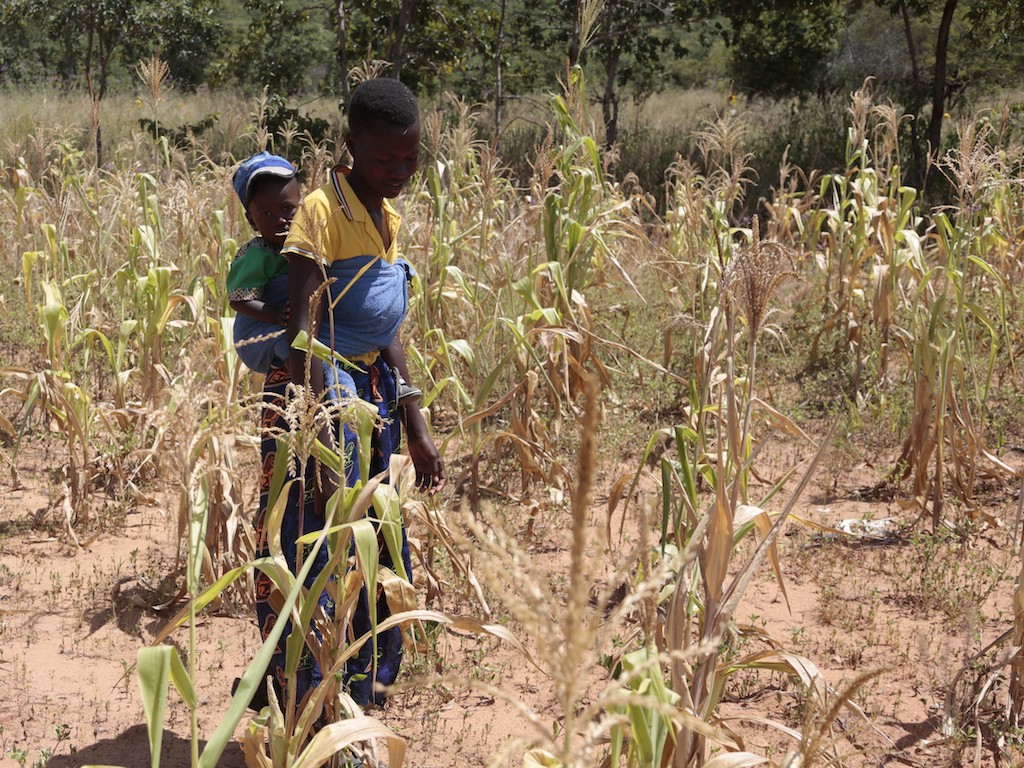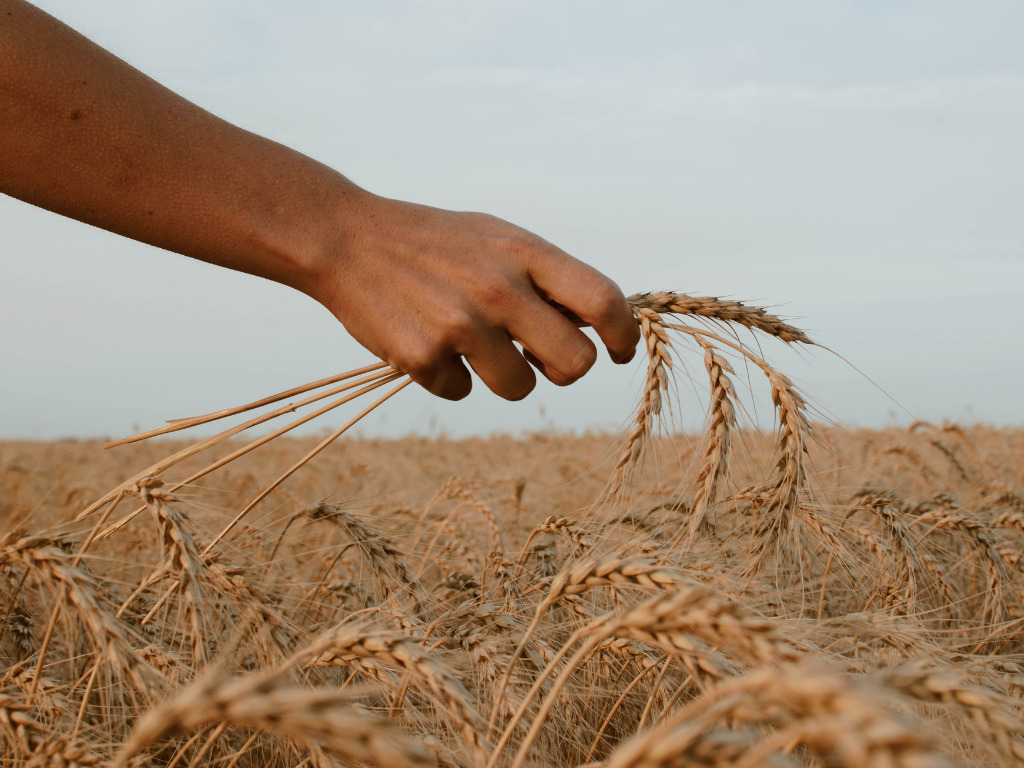Report: Climate Change Offers Farmers ‘Huge Opportunity’ to Shift to Sustainable Protein
3 Mins Read
Farmers are worried about climate change, and they need transition solutions, says a new report from nonprofit ProVeg. Alternative protein looks to be the sustainable answer.
“There are huge opportunities for farmers in the transition towards sustainable alternative proteins, including higher margins and greater security through long-term industry partnerships,” reads the report summary. ProVeg says it spoke with farming representatives who “argued that farmers are open to innovation but they need new knowledge and methods to be made freely available by businesses and
governments—and validated by their peers.”
Climate impact
A growing number of climate change experts warn that the warming planet will displace millions of farm operations, putting pressure on both crops and the ability to raise livestock. ProVeg says it has identified five strategies to support farmers by transitioning them to lower-impact crops that help reduce their climate impacts while also increasing food production needs for the growing global population.
ProVeg says that with animal farming becoming unviable, modern fermentation and vertical farming are two key technologies that farmers could adopt as they transition away from animal agriculture. “Existing farm infrastructure can be retrofitted with fermentation or vertical farming technologies. While this would require significant capital expenditure, it also opens up the potential for substantial long-term benefits and profitability.

“But it’s not as simple as just stopping livestock farming immediately in order to reduce its environmental impact,” says ProVeg. “To successfully transition away from animal agriculture, farmers’ needs have
to be met and their voices heard. Every farm is unique, and its capabilities are shaped by land, resources, and the local climate. Any transition solutions need to be farm-appropriate and farmer-led.”
The five recommended strategies include understanding farmers’ perspectives on climate change, promote sharing of knowledge among farmers, supporting farmers in harnessing opportunities in
fermented protein and vertical farming, ensuring that farmers can finance the transition, and acknowledging and helping mitigate the risks involved for farmers.
Alternative protein
“Farmers are pragmatic and open to change if they know that their livelihoods will be protected. In order to promote the transition to alternative proteins, farmers must be equipped with knowledge that will
guarantee confidence in their decision,” says ProVeg. “This includes information about new methods and opportunities, as well as knowledge of both the local and global market for plant protein.
“If this knowledge is made more easily accessible, it can proliferate horizontally within farming communities and promote farmer-led solutions.”

The report says a transition to alternative-protein production presents “a huge opportunity” for farmers at a time when climate change is becoming a “major threat to farming livelihoods, both directly and indirectly.”
And, says ProVeg, “since alternative proteins come in so many different forms, solutions can be tailored to the specific needs of farms and consumers.
“A just transition from farming animals to alternative proteins can deliver better outcomes for farmers, producers, consumers, and our planet. Doing so will future-proof farming businesses, reduce uncertainty and price volatility, and slash food-related emissions.”
Photo by Zubair Hussain on Unsplash



